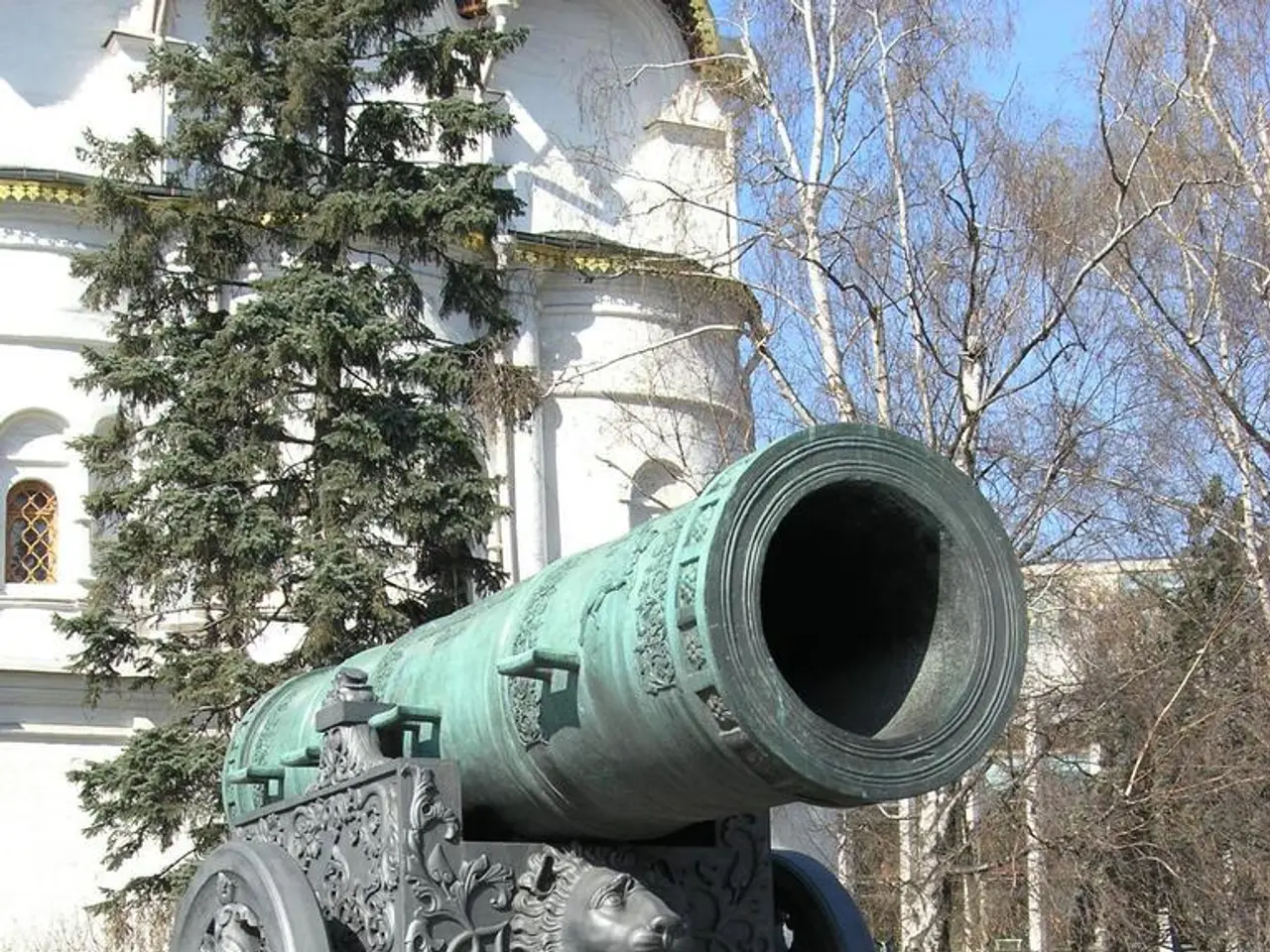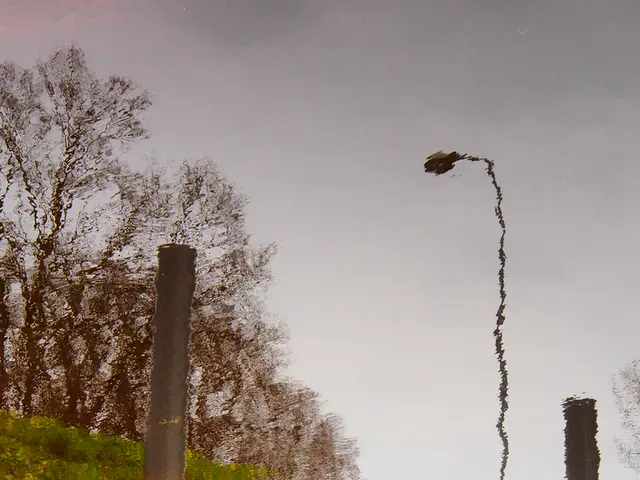Historical significance underpins the Trump-Putin meeting in Alaska, assert experts
In the annals of history, the purchase of Alaska from Russia in 1867 stands out as a significant event that shaped the geopolitical landscape of North America. On Friday, this historical connection will be revisited as President Donald Trump and Russian President Vladimir Putin meet in Alaska.
Russia's control over Alaska, then known as Russian America, began in the 18th century. It was Russian explorer Vitus Bering who first explored the region in 1725. However, by the mid-19th century, Russia found maintaining the distant territory increasingly costly, especially after accumulating debt from the Crimean War (1853–56) and facing difficulties in supplying its colony.
Seeking to offset the designs of its Pacific rival, Great Britain, Russia offered to sell Alaska to the United States in 1859. Negotiations began shortly after the American Civil War ended in 1865, with Russian minister Baron Eduard de Stoeckl and U.S. Secretary of State William Henry Seward leading the talks. The deal was finalized on March 30, 1867, for $7.2 million, roughly two cents per acre.
Initially, the purchase was met with debate, with some questioning its wisdom due to Alaska's perceived remoteness and harsh climate. However, the perception changed once natural resources were discovered, and the purchase was later referred to as "Seward's Folly."
The formal transfer of Alaska took place on October 18, 1867, and the treaty was approved by the U.S. Senate and signed by President Andrew Johnson in 1867. The U.S. acquisition proved strategically important, and later discoveries of gold and oil validated the purchase’s value.
The upcoming summit between Trump and Putin serves as a reminder of the historical context that underpins the relationship between these two nations. Regardless of the outcome of the meeting, it's crucial for political leaders to remember the complexities and nuances of this relationship when dealing with conflict and fostering relationships between countries.
The historical context of the Russian-American relationship is particularly important in mediating potential conflicts, such as the ongoing conflict between Russia and Ukraine. The Russian-American relationship has a long history of complexities, extending beyond recent events.
As we look towards the future, it's essential to remember the lessons of the past and find ways to build upon the positive aspects of the relationship between the United States and Russia. The purchase of Alaska serves as a testament to the potential for cooperation and mutual benefit in the face of adversity.
Read also:
- Weekly happenings in the German Federal Parliament (Bundestag)
- Southwest region's most popular posts, accompanied by an inquiry:
- Discussion between Putin and Trump in Alaska could potentially overshadow Ukraine's concerns
- Tinubu's administration allegedly causing issues within every political party as Peter Obi's name surfaces - Obidient Movement asserts







